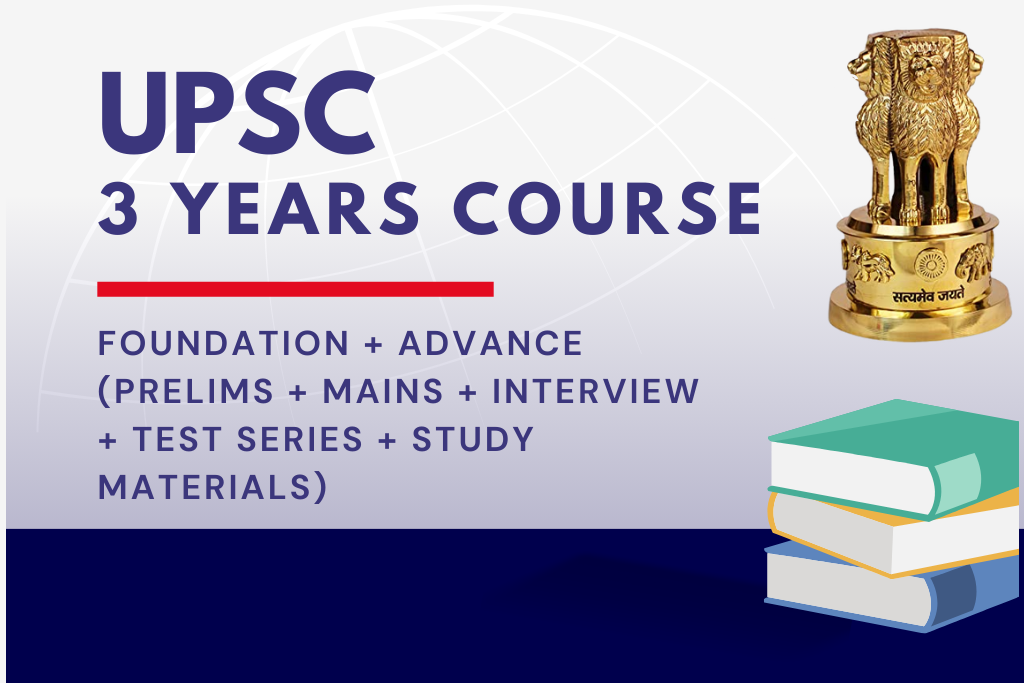Course Details
UPSC Civil Services Integrated (3 Years)
- GEO IAS Live Offline/Online classes available in both English and Hindi medium, ideal for UPSC IAS/IPS or State Civil Service preparation.
- Admissions Open with new batch starting every month.
- Course Duration: 36 Months.
- Daily 2 classes: 4:00 PM to 6:00 PM and 6:00 PM to 8:00 PM
- Mode: Offline/Online (Live).
- Team: Led by Mr. Yogesh Sir, comprising a team of best teachers.
- Course Size: 1200+ classes of 2400+ hours, covering the complete syllabus from the fundamental level.
- Course Validity: 36 Months, with recordings available till selections. Facility to watch each class any number of times.
- Payment Mode: One Time (Discount applicable), Instalment Facility, Loan Facility.
